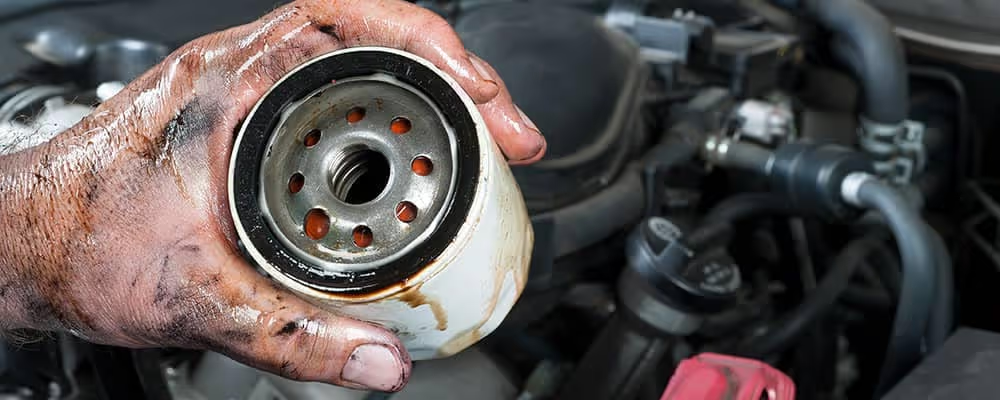A car horn is a small but vital part of safe driving. When it fails it can be both annoying and dangerous. The horn relay plays a key role in the system. It carries electrical current to the horn when the button is pressed. If the relay fails the horn stays silent. Understanding the reasons behind a failed relay helps prevent sudden troubles on the road. Simple inspection and timely care by the BMW Repair in Fort Myers, FL based services like the Bimmer Fix keep the horn system reliable and safe.
Faulty Electrical Connections
A weak or broken connection often stops the horn relay from working. Loose wiring can interrupt the flow of current. A corroded terminal can also block the signal. Dust and water can make contact points dirty. This stops proper voltage flow to the relay. Cleaning the terminals can bring the system back to life. Checking each connection can reveal hidden faults. Regular inspection ensures that the current moves smoothly through the circuit. Proper contact makes a big difference in function.
Blown Fuse or Power Supply Failure
A horn relay depends on steady power. A blown fuse cuts the supply. This leaves the relay without energy to switch. A damaged battery terminal can also block power flow. Sometimes the issue lies in a worn wire near the battery. Each small gap in the supply can silence the horn. Testing the fuse box can uncover the problem. Replacing a weak fuse by Bimmer Fix can fix the issue fast. A good power path keeps the relay active and ready.
Worn Out Relay Contacts
Every relay has small metal contacts inside. These contacts touch and open circuits when used. Over time they can wear or burn. Heat and vibration can cause tiny pits. A damaged surface stops full current flow. The horn then gives no sound. A replacement relay is a simple cure. Relays are affordable and easy to fit. Changing an old one can make the horn work again. Keeping the relay clean and dry helps extend its life.
Environmental and Maintenance Factors
Extreme weather can damage electrical parts. Excess heat dries insulation and cracks wires. Cold can stiffen cables and weaken joints. Water from rain or cleaning can seep into the relay box. This creates corrosion and short circuits. Parking in shaded spots can help avoid heat damage. Keeping the engine bay clean reduces dust buildup. Testing the horn system during regular maintenance ensures long service. Small care steps can prevent bigger failures. A clean relay works longer and stays steady.
A silent horn often signals a simple fault. Most relay issues come from poor contact or power breaks. Checking the small parts first can save time and cost. Clean wires and firm terminals make all the difference. A little care keeps the road safer and calmer.








